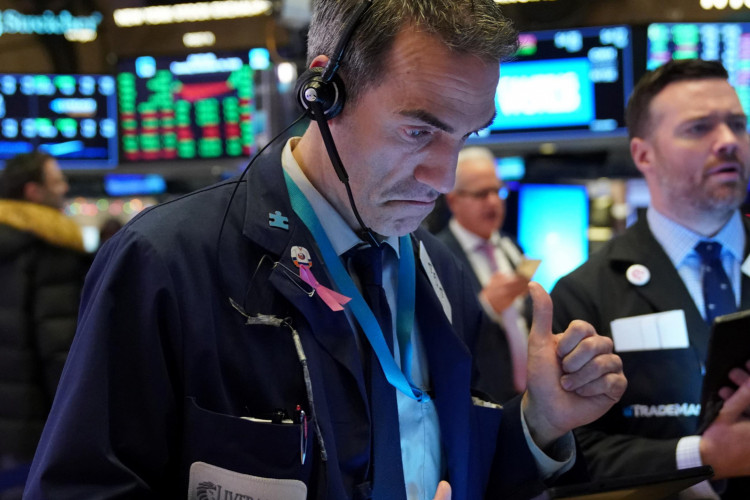Over the past 10 years, algorithmic robots that have dominated global markets - and spat out outrageous and sometimes accurate predictions in asset prices in the process - are seen to become even more convincing in the coming years.
A most sensible - if not believable end result of this technology is: trading in the stock market will substantially become more challenging.
According to veteran trader and Sevens Report Research founder Tom Essaye, the entire market ecosystem is evolving.
Essaye stressed that, for many of us, particularly investors and stock traders, dealing with this intense short-term volatility is "something we all need to get more used to."
Analysts believe that traders must "inculcate" this trend into their trading mindset. "The market is becoming more unpredictable in the short term for no good reason, and that could drive many out of business, which we all know will harm results in the long term," Essaye added.
The rise in algorithmic trading programs has driven traders away from past practices of running simple valuation-based stock scans. Even trolling earnings call transcripts for clues about future profits, or calling on management teams, has become as outdated as the first iPhone from Apple, analysts said.
There are programs that scan real-time news feeds and trade stocks based on headlines instead of those seemingly primitive exercises. It requires very little human interaction and, in turn, it causes scores of crowded trades amplified by the algorithms' "herd mentality," analysts pointed out.
For Essaye, "this crowded market, as we have learned over the past decade, will immediately unwind as the machines analyze a single new headline."
And, of course, there are algorithms that cause tweet-based trades - as seen last year via volatile stock price swings. The frequent attacks on the Federal Reserve by US President Donald Trump, or whipsawing hopes of a China-US trade deal, were some of the factors behind major price increases.
As a matter of fact, in a September report, JP Morgan Chase divulged that on days when Trump tweeted more than 35 times, the stock market declined marginally. Stocks also fell on days when Trump tweeted less than 35 times.
Trading systems will only be more complex as the power of computer processing grows, and Cloud capabilities are improved. Meanwhile, the size of the global algorithmic trading market is expected to rise from 2019 to 2024, according to research firm Markets And Markets, by a compound annual growth rate of 11 percent to $18.8 billion.





